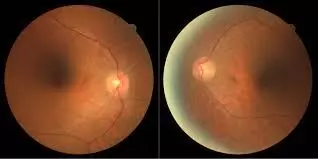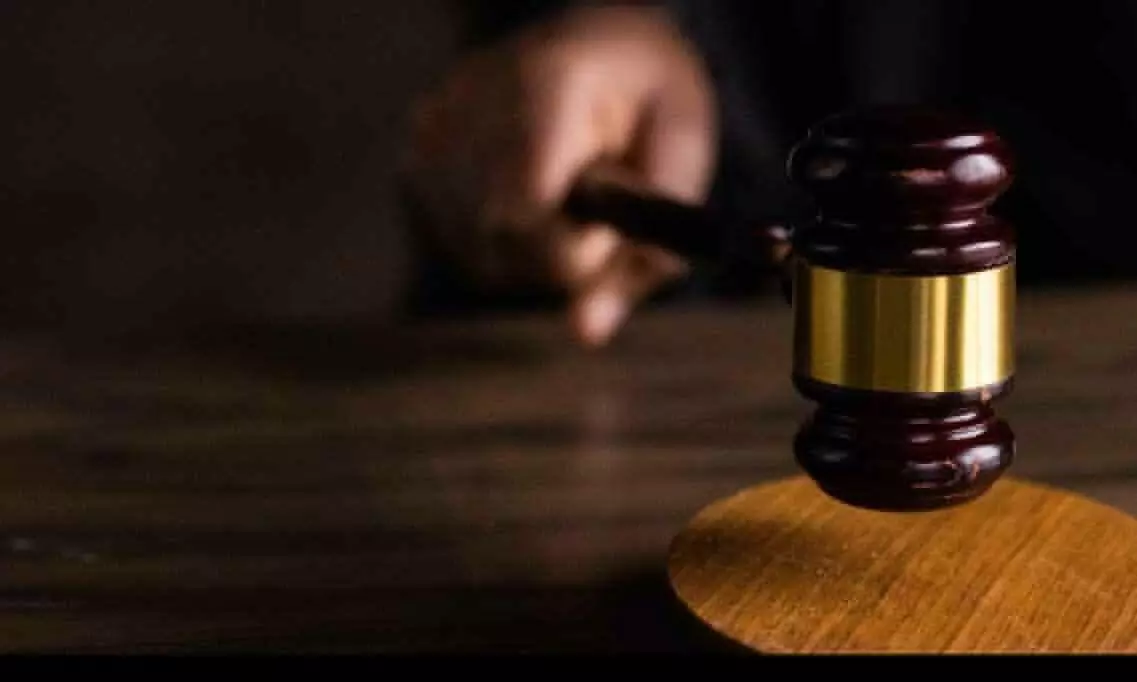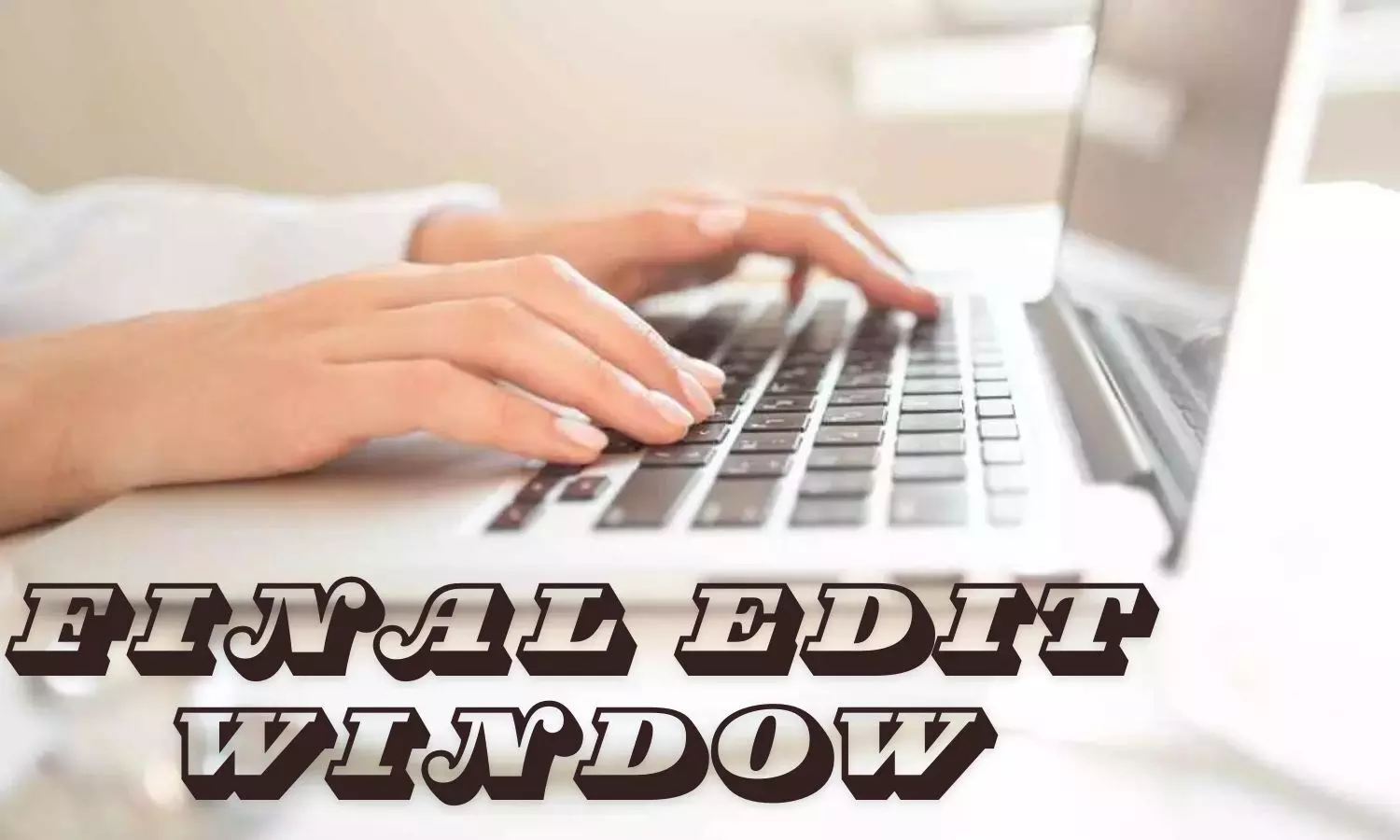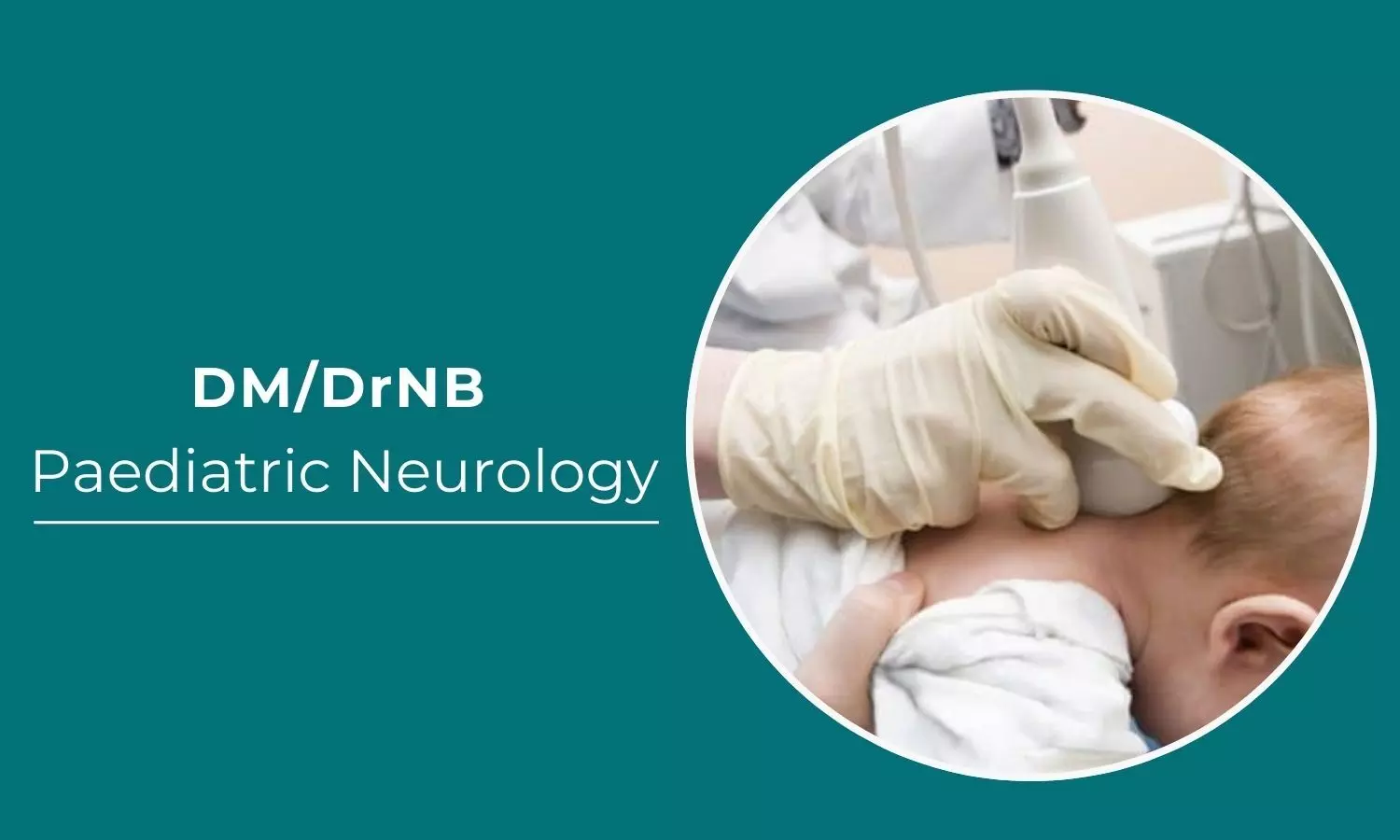Low-Calorie Diet Safe and Effective for Gestational Diabetes, Reduces Insulin Need: Study Finds
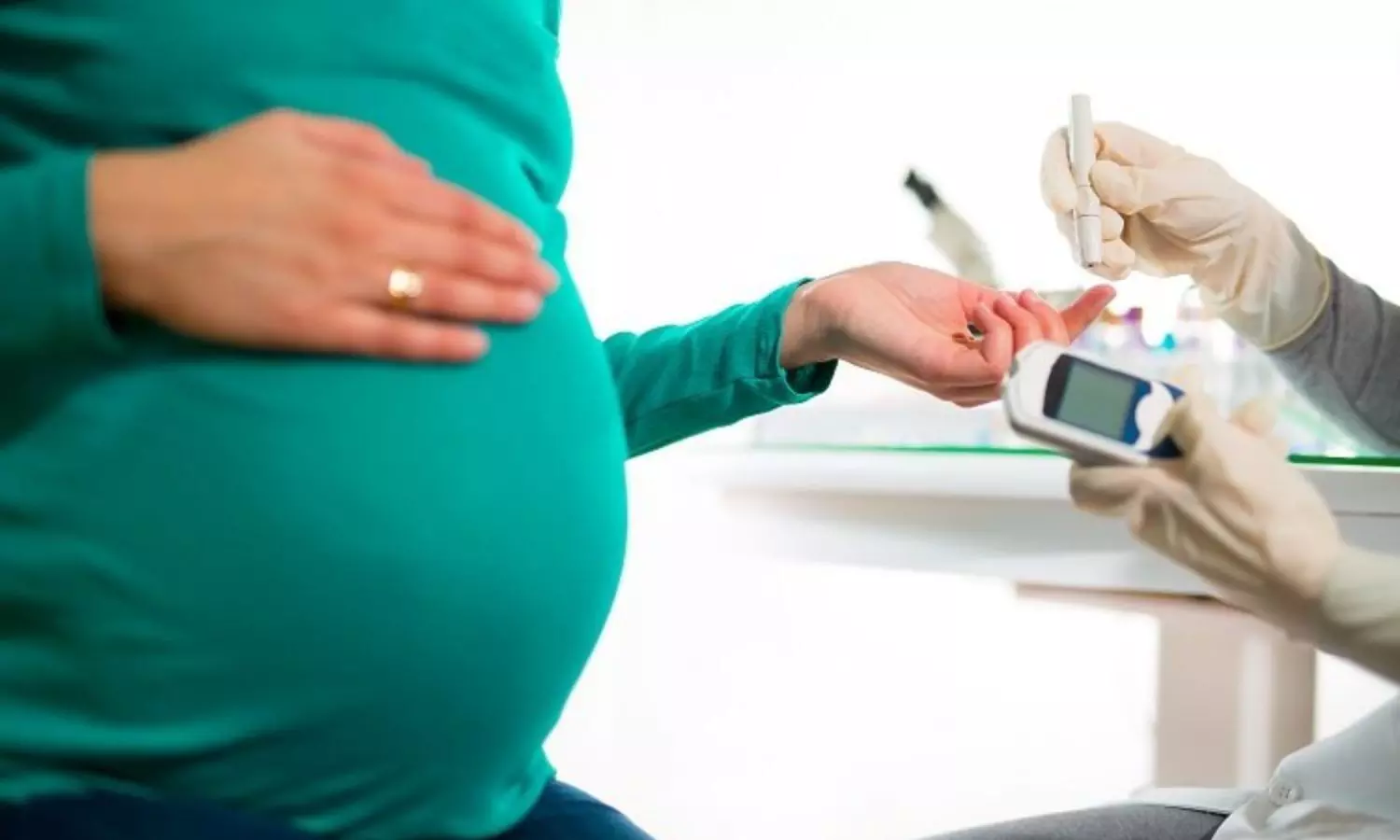
UK: A study in Nature Medicine found that a 1,200-calorie diet per day was safe and effective for pregnant women with gestational diabetes and a BMI of at least 25, significantly reducing the need for long-acting insulin therapy.
The researchers note that gestational diabetes affects 6–15% of pregnancies worldwide and increases health risks for both mother and baby. Overweight, obesity, and excessive weight gain during pregnancy are key risk factors. While weight loss improves blood sugar control in non-pregnant people with type 2 diabetes, its role in gestational diabetes remains unclear. Although international guidelines recommend weight gain based on BMI, studies suggest that lower weight gain or even weight loss may benefit women with gestational diabetes. However, there is little research on effective dietary strategies for managing weight in this group, highlighting the need for further studies on safe energy intake.
To fill this knowledge gap, Claire L. Meek, Cambridge Universities NHS Foundation Trust, Cambridge Biomedical Campus, Cambridge, UK, and colleagues aimed to determine whether losing weight during pregnancy can improve health outcomes for mothers and babies with gestational diabetes.
For this purpose, the researchers conducted a multicenter, randomized, double-blind trial to examine the effects of energy restriction in pregnant women with gestational diabetes and a BMI of 25 or higher. Participants were randomly assigned to either a standard 2,000-calorie diet or a reduced 1,200-calorie diet from 29 weeks of pregnancy until delivery. Diets were provided weekly with a balanced composition of 40% carbohydrates, 35% fat, and 25% protein. Randomization followed a 1:1 ratio, stratified by center and blinded to participants and the study team. The primary outcomes measured were maternal weight change by 36 weeks and newborn birth weight.
The key findings of the study were as follows:
- At 36 weeks, maternal weight change and standardized birth weight showed no significant differences between the groups.
- The reduced-energy diet group had a lower need for long-acting insulin therapy than the standard-energy diet group (27.5% versus 39.2%; OR 0.36).
- Weight loss of approximately 3 kg in late pregnancy improved maternal blood sugar levels, lowered systolic blood pressure, and reduced the incidence of large-for-gestational-age infants.
- The occurrence of small-for-gestational-age infants was similar in both groups and remained within expected limits.
- There were no stillbirths, neonatal deaths, or maternal deaths in the reduced-energy diet group.
The findings showed that for women with gestational diabetes and a BMI ≥ 25 kg/m², incorporating a 1,200 kcal/day diet into evidence-based guidelines should be considered. This approach was found to be safe during pregnancy and effectively reduced the need for initiating long-acting insulin therapy.
“A safe and effective way to achieve energy restriction during pregnancy is through a low-glycemic-index diet, incorporating ample vegetables, lean protein, and some dairy products to ensure adequate nutrient intake,” the researchers wrote.
Reference:
Kusinski, L. C., Jones, D., Atta, N., Turner, E., Smith, S., Oude Griep, L. M., Rennie, K., Sharp, S. J., Farewell, V., Murphy, H. R., Taylor, R., & Meek, C. L. (2025). Reduced-energy diet in women with gestational diabetes: The dietary intervention in gestational diabetes DiGest randomized clinical trial. Nature Medicine, 31(2), 514-523. https://doi.org/10.1038/s41591-024-03356-1
Powered by WPeMatico

